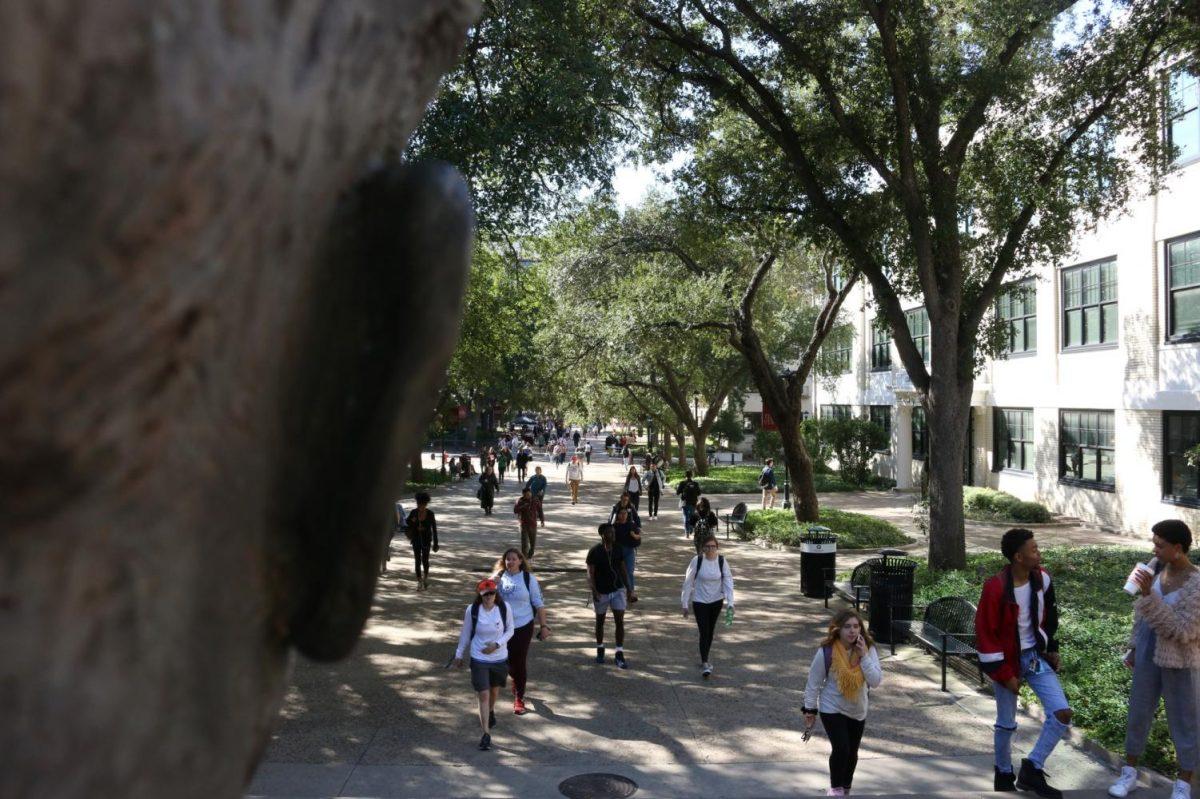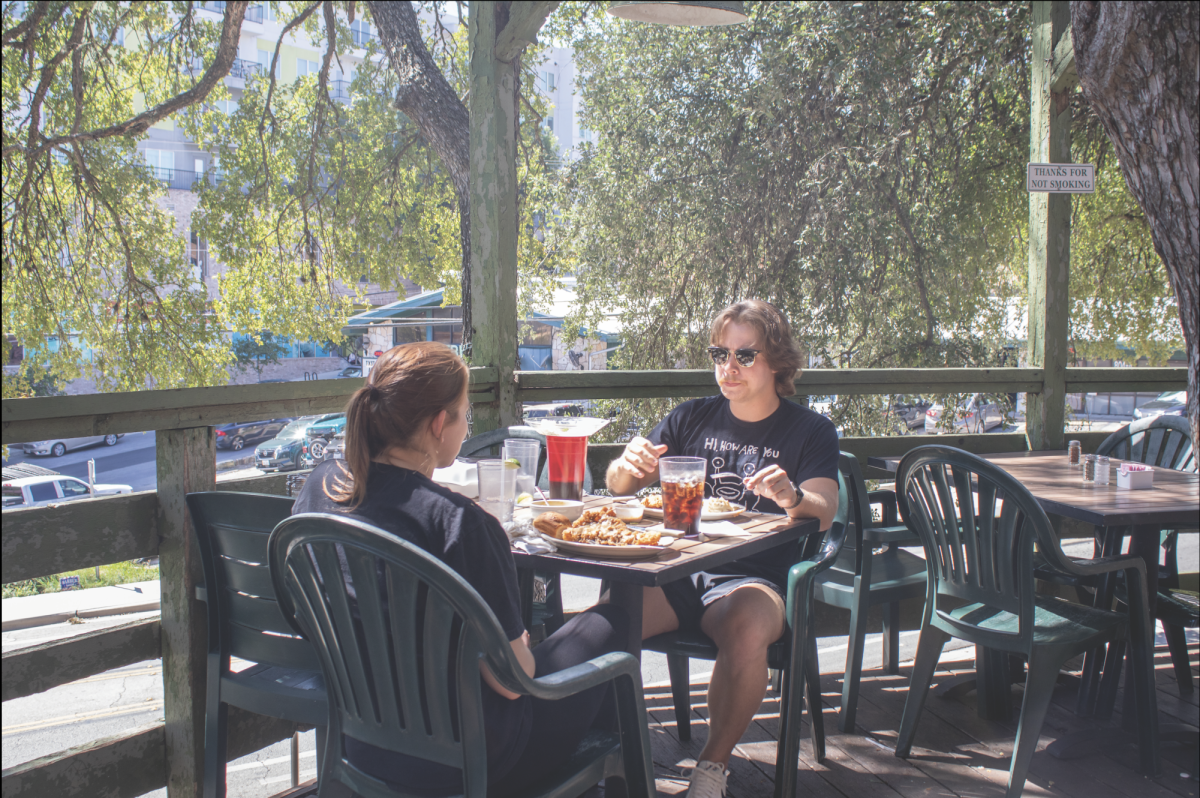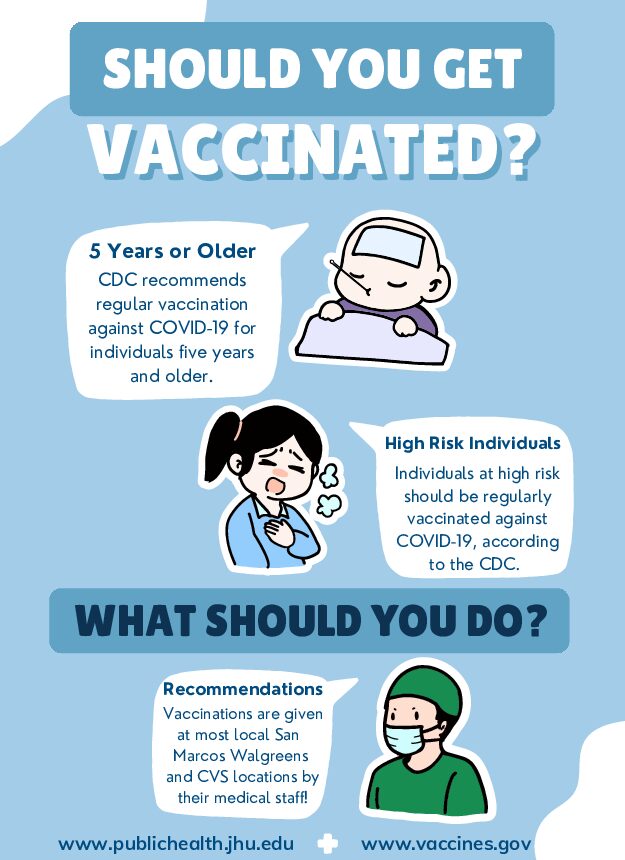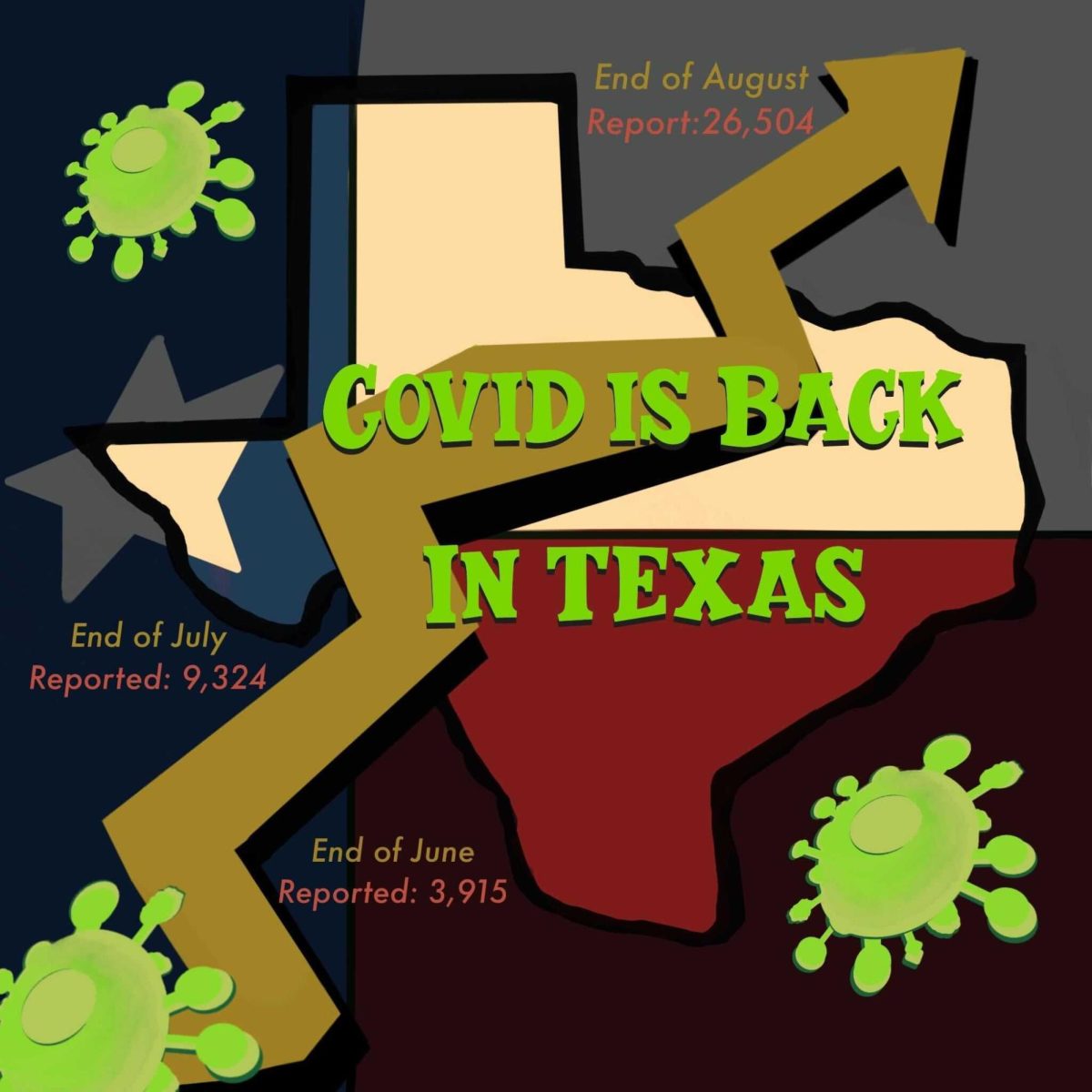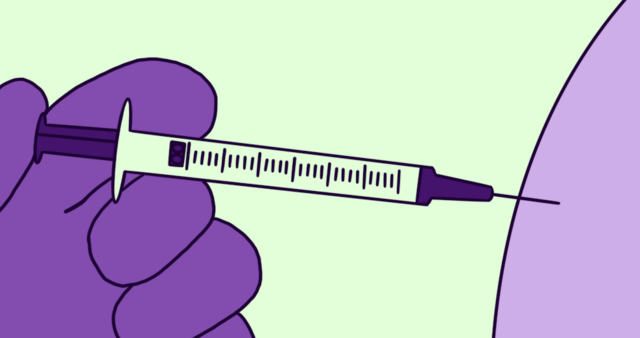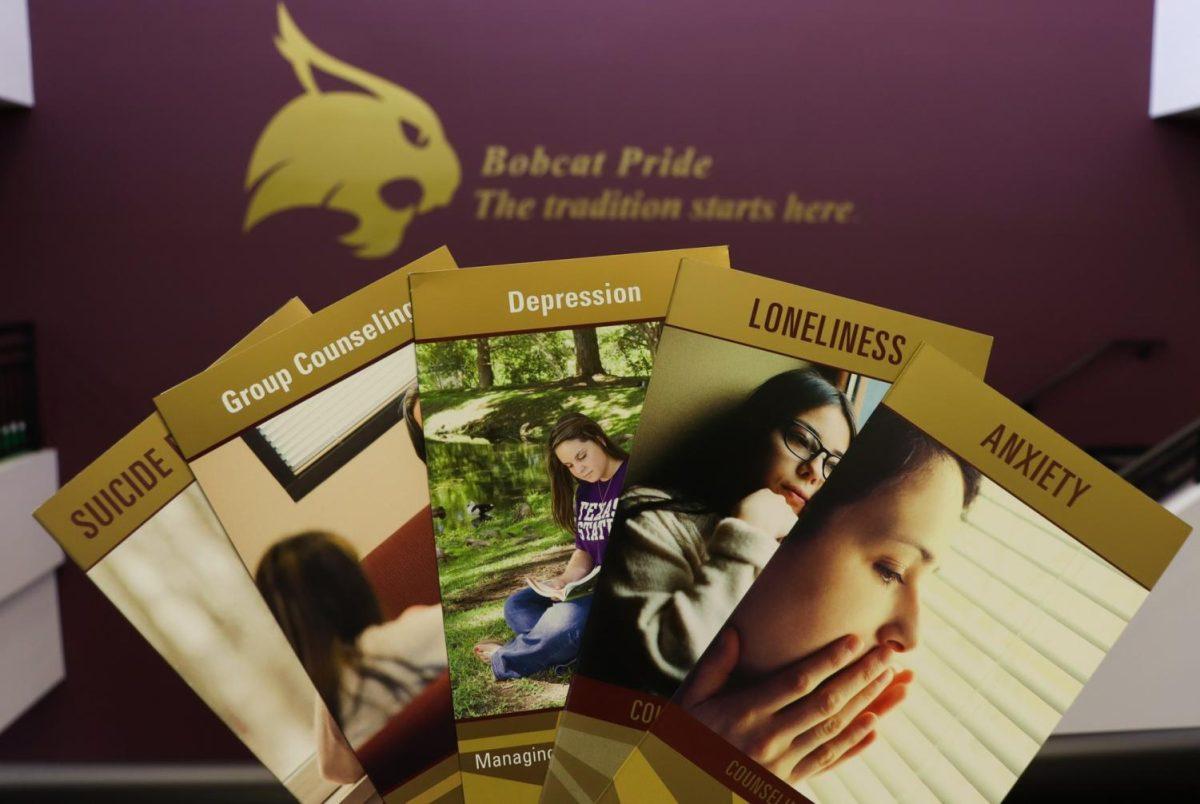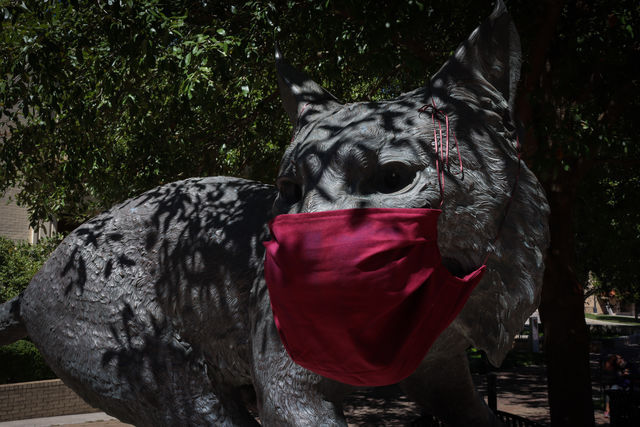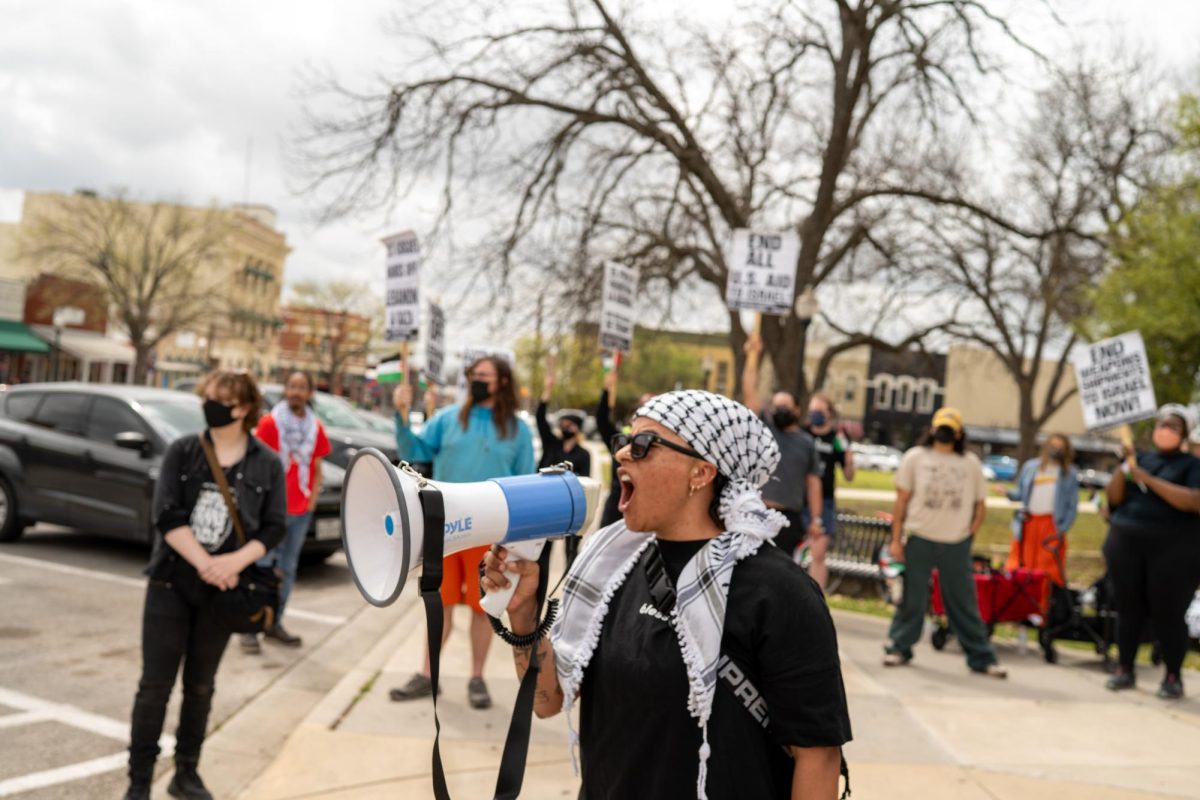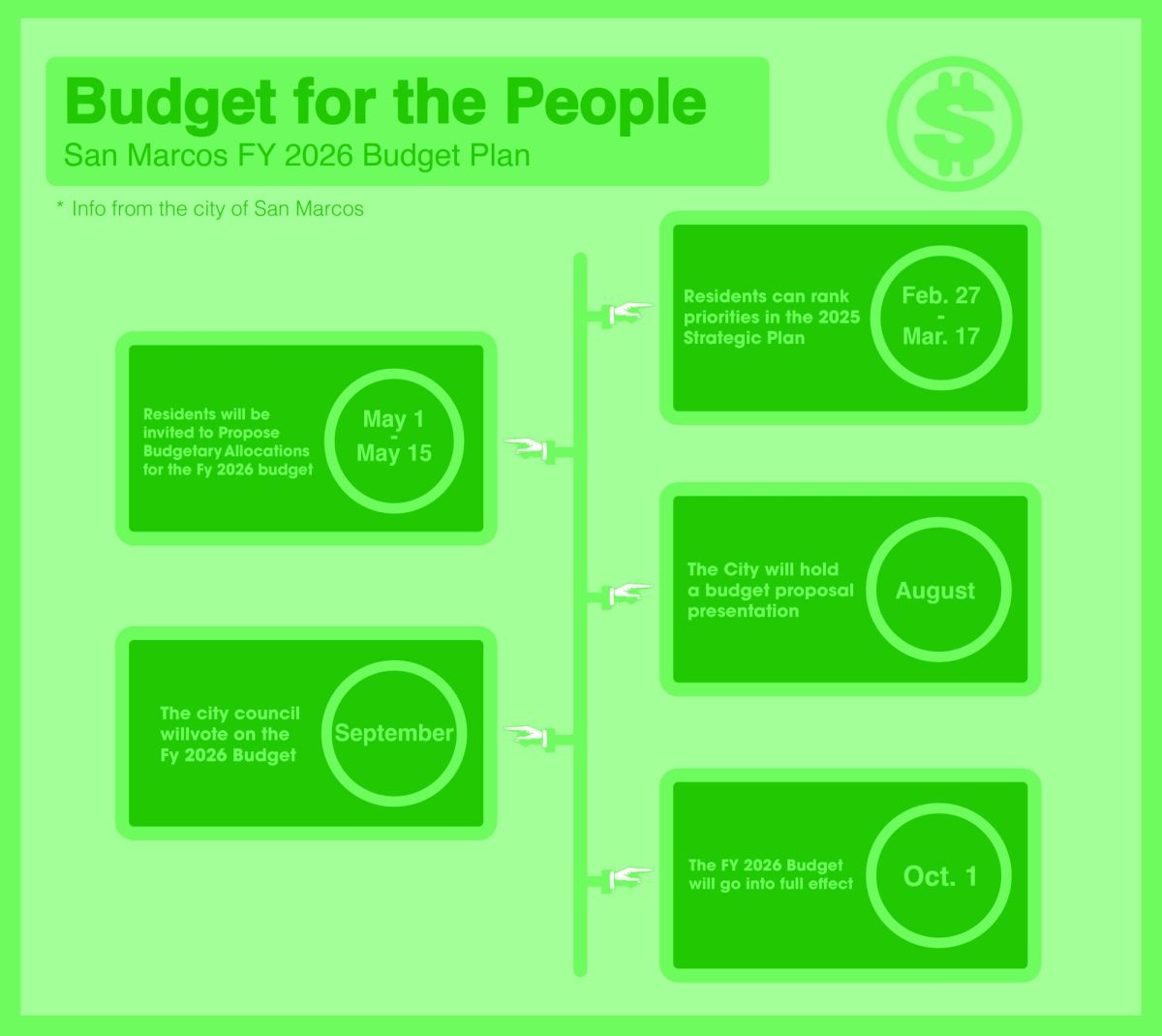Texas State’s Staff Council raised concerns at an Oct. 12 meeting over a revision to the University Policy and Procedure Statements mandating that any 10% or higher salary increase must be approved by the university president.
The revision to the University Classification and Compensation policies and procedures gives President Denise Trauth final approval for any staff promotion or reclassification that results in a 10% or higher increase in salary. Staff Council Chair Noel Fuller raised concerns that the revision results in additional steps to achieve a salary increase and that the new process lacks transparency.
“It seems that this has become somewhat of a deterrent for these types of salary increases mainly because you have many supervisors that don’t feel comfortable going to that presidential level to seek that type of approval, even though it does occur,” Fuller said. “It also, in certain situations, makes it feel like an artificial threshold has been set because people will continue to keep raises below that 10% threshold to avoid having to trigger the approval.”
Fuller indicated that staff salary concerns are met with university reminders of the job benefits a staff member receives. He says these benefits are “not necessarily going to put food on the table for individuals.”
Councilmember Camrie Pipper says Texas State’s essential employees need to be paid more, stating that the benefits staff members receive are guaranteed by the state and salaries are made by the university.
“A lot of staff members are told to apply, and then get an offer to get a counter-offer from the university,” Pipper said. “Once you get a certain salary, you’re locked into your job. And certain supervisors know that because you won’t take a pay cut to go anywhere else.”
The council received an update on Texas State’s COVID-19 situation from Chief Medical Officer Emilio Carranco. He says the university has seen a significant decline in cases since the start of the fall semester, adding that the university saw an average of 10 new cases a day at the start and now has an average of five per day.
Carranco says the Curative Inc. COVID-19 testing station on campus conducted 1,074 tests within its first week of operations with 18 positive tests, a positivity rate of 1.7%. In the second week, 951 tests were conducted with 26 positive tests, a 2.7% positivity rate. He says the current agreement with Curative guarantees the testing station on campus for the remainder of the fall semester.
Carranco says he expects the coming spring semester to bring forth better COVID-19 conditions at Texas State.
“I think that testing will be much more available than it has been thus far, and that will make it easier for us to identify people who are infected,” Carranco said. “And I do think we’ll have vaccines available sometime in the middle of the spring semester, so we are making plans to be able to provide those vaccines on our campus and to do it through mass vaccination.”
As a member of the university’s commencement committee, Carranco says no decision has been made regarding graduation in December. He says COVID-19 conditions in December will dictate how commencement will be conducted, whether it be in person or virtually.
“What we were asked to do is to look at two options for December, look at a virtual option and look at an in-person option. There are lots of graduates out there, and graduates-to-be that would love to have an in-person ceremony,” Carranco said. “But at this point, we’re trying to work through options; no decision has been made.”
Staff Council meets on the second Tuesday of every month. Meeting agendas and minutes can be viewed on the council’s website.
Staff Council challenges revision to staff salary raise procedure
Daniel Weeks, News Editor
October 14, 2020
Texas State students walk to and from classes Monday, Nov. 4, 2019 near the Lyndon Baines Johnson statue.
0
Donate to The University Star
Your donation will support the student journalists of Texas State University. Your contribution will allow us to purchase equipment and cover our annual website hosting costs.
More to Discover



